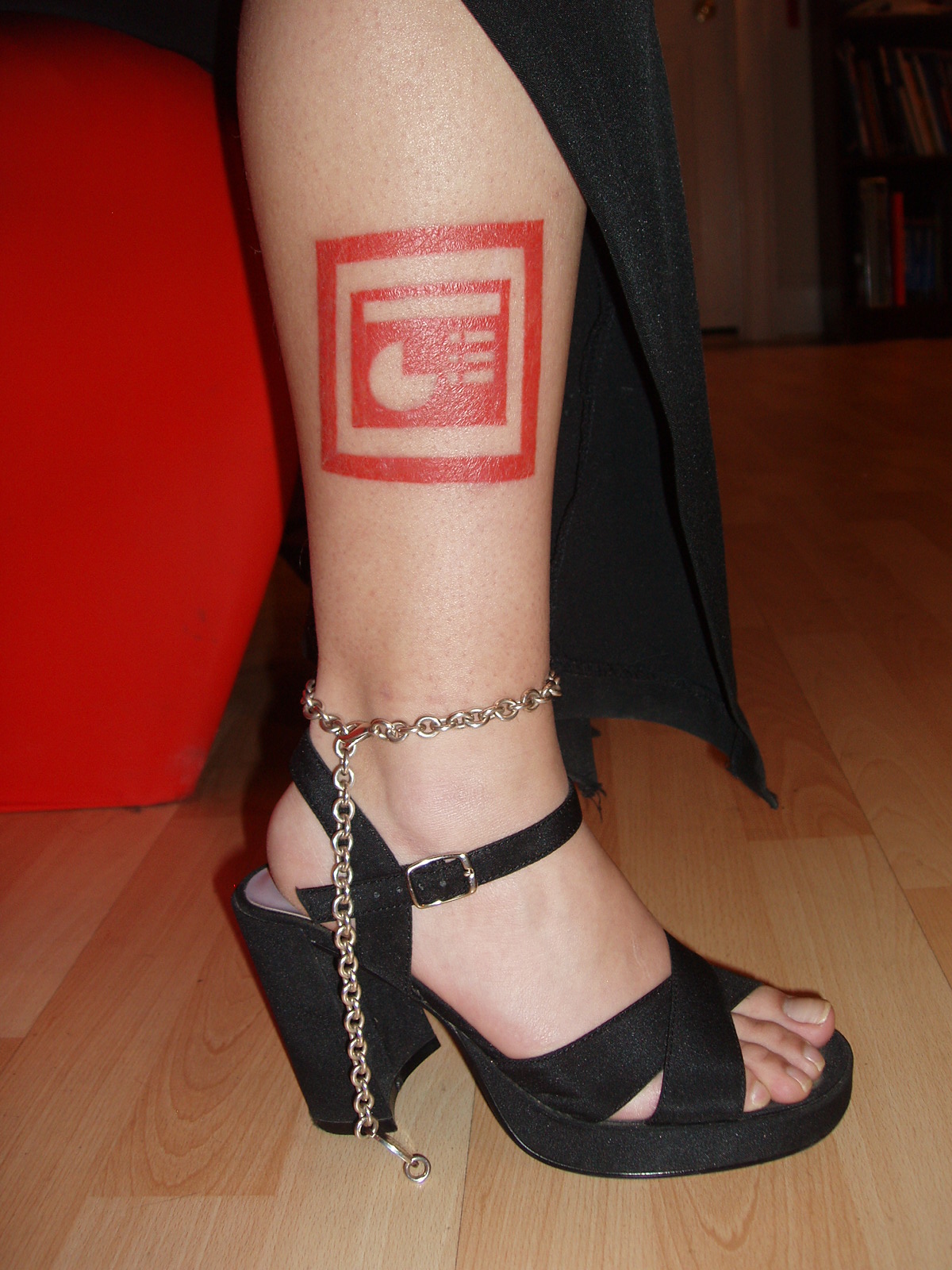- 3-minute read
- 11th July 2016
Preparing a Presentation: 6 Tips for Success
Having to give a presentation is, for many, a very stressful notion. But being able to communicate with an audience is a valuable skill at university, at work and in life generally.
How, then, can you make sure your presentation is a success, rather than an anxiety dream come to life? Using our six top tips for preparing a presentation would be a good start!
1. Know Your Audience
The first thing to do is think about your audience, since you’ll need to tailor your material and delivery style accordingly.
For instance, a presentation for fellow students familiar with your subject area will be very different to one aimed at the general public, especially if your work is quite technical.

Likewise, knowing your audience will help you to determine the aim of your talk. Are you simply presenting your work? Or are you trying to persuade the audience of your ideas?
2. Have a Structure
A good presentation will have a beginning, a middle and an end. In the beginning, introduce yourself and your subject in an attention grabbing manner, perhaps with a rhetorical question.
The middle will be the main argument or idea you’re presenting. Make sure that each point you make flows logically from the last one and that your audience can follow you throughout.
At the end, summarise your points briefly and draw a conclusion. Try to leave time for questions.
Find this useful?
Subscribe to our newsletter and get writing tips from our editors straight to your inbox.
3. Handouts and Visual Aids
Handouts and other visual aids, such as a PowerPoint presentation, often make public speaking much easier, as well as helping your audience follow what you’re saying.

Don’t put too much information on slides or handouts, however, otherwise your audience may spend more time reading than listening!
4. Rehearse Your Delivery
Practice makes perfect, as they say. It’s particularly helpful to read your presentation out loud and time yourself so you don’t end up accidentally overrunning.
5. Prepare for Questions
Most presentations will involve taking questions from the audience at the end, so it makes sense to prepare for this.
Minimally, you should give some thought to the kind of questions you might be asked. Even better is asking a friend to listen to your presentation and ask questions afterwards.
6. The Big Day
As well as preparing your talk, you need to be ready to deliver it. This will mean getting plenty of sleep the night before, eating well and staying hydrated.
Make sure you know exactly where and when you’ll be giving your presentation. Try to get there early so you have time to settle in and set up any equipment, such as laptops, flip charts or projectors.